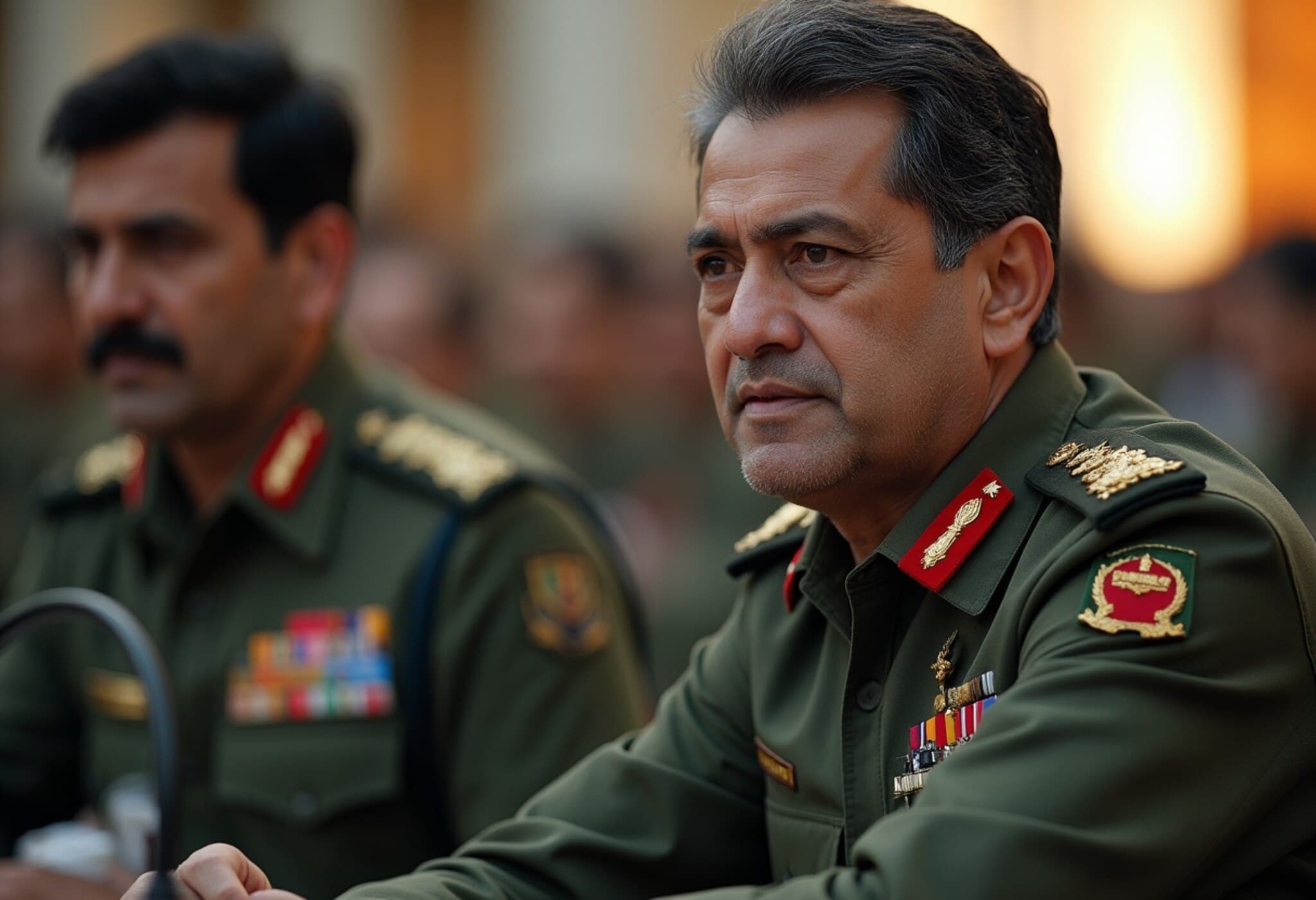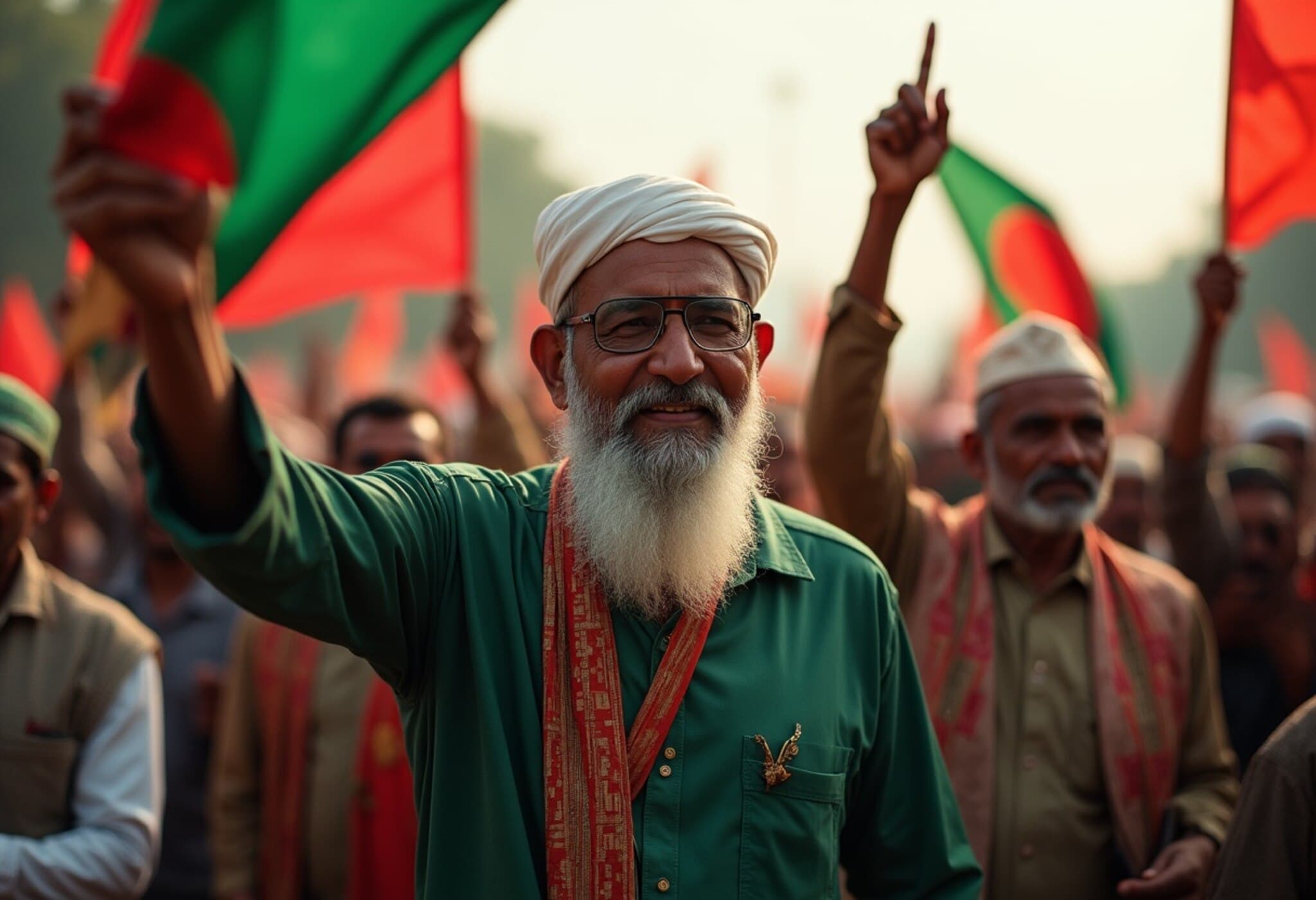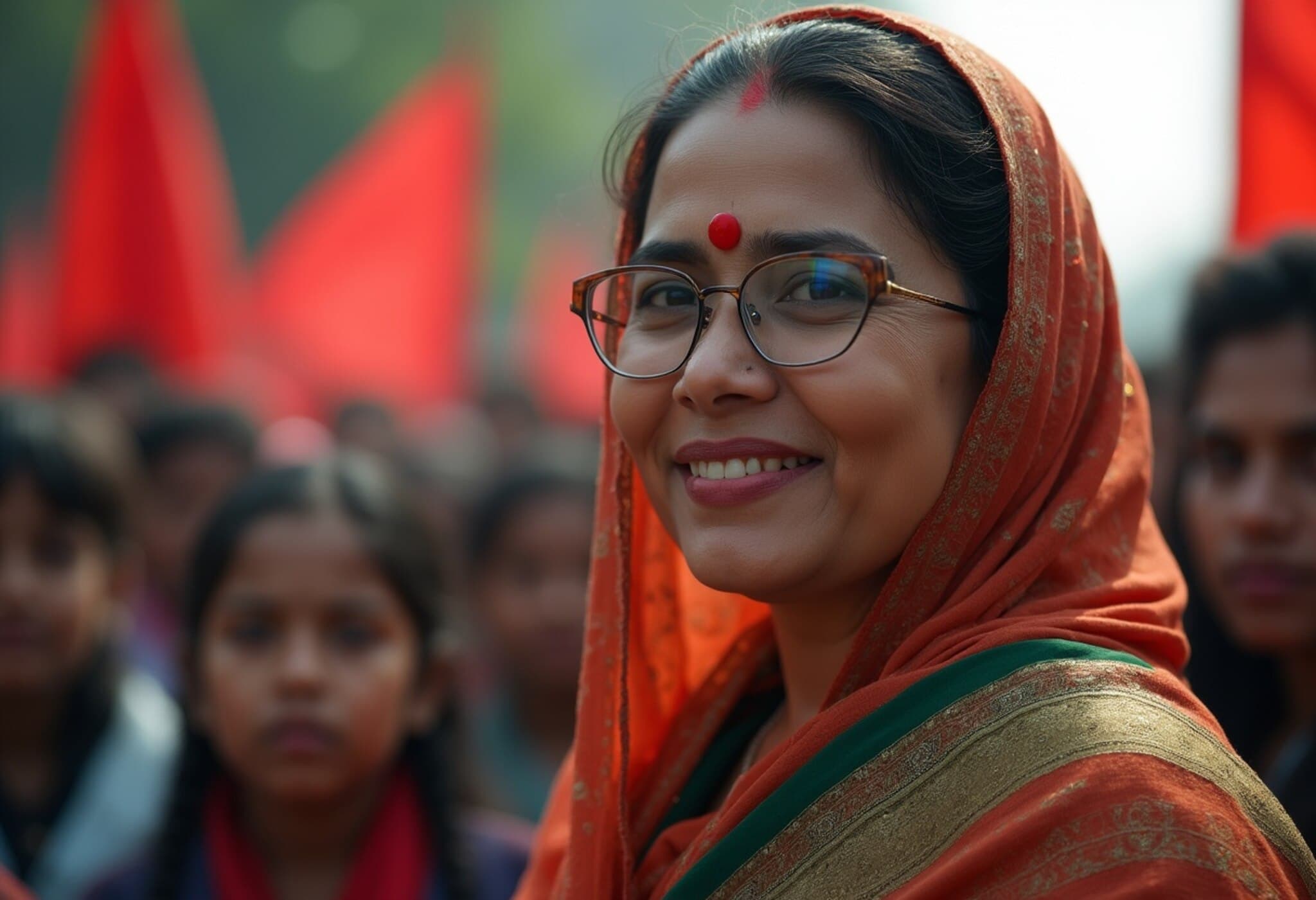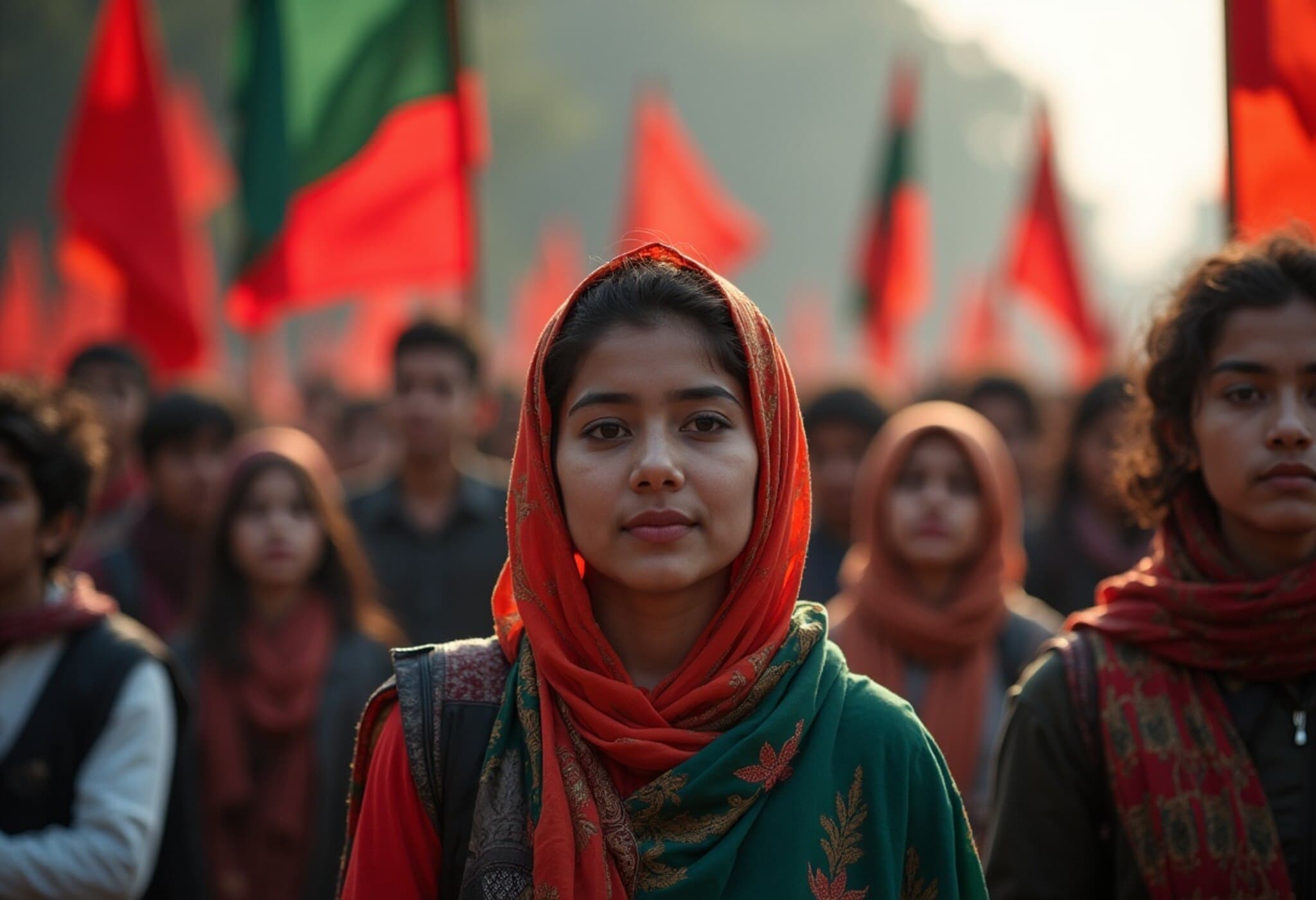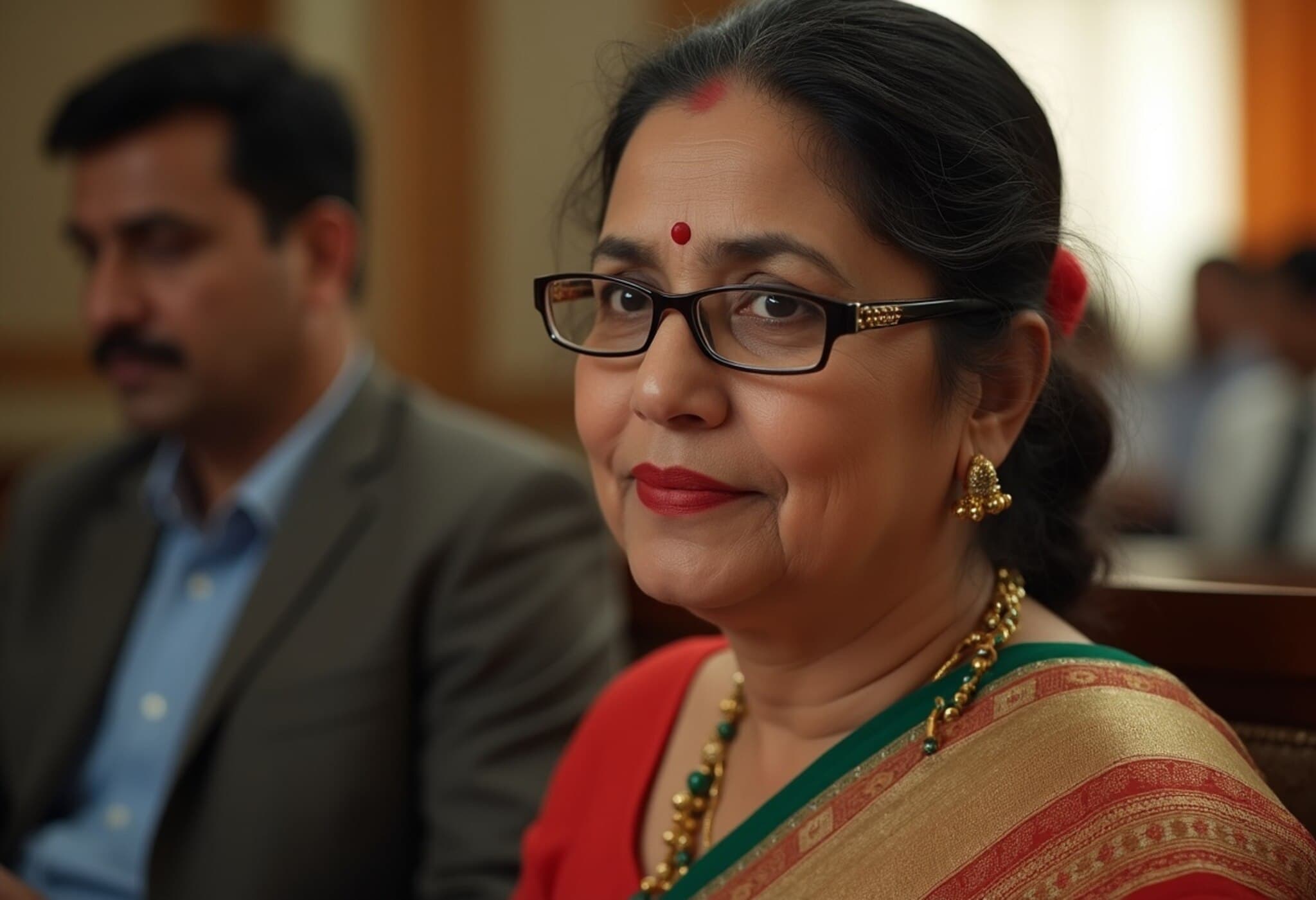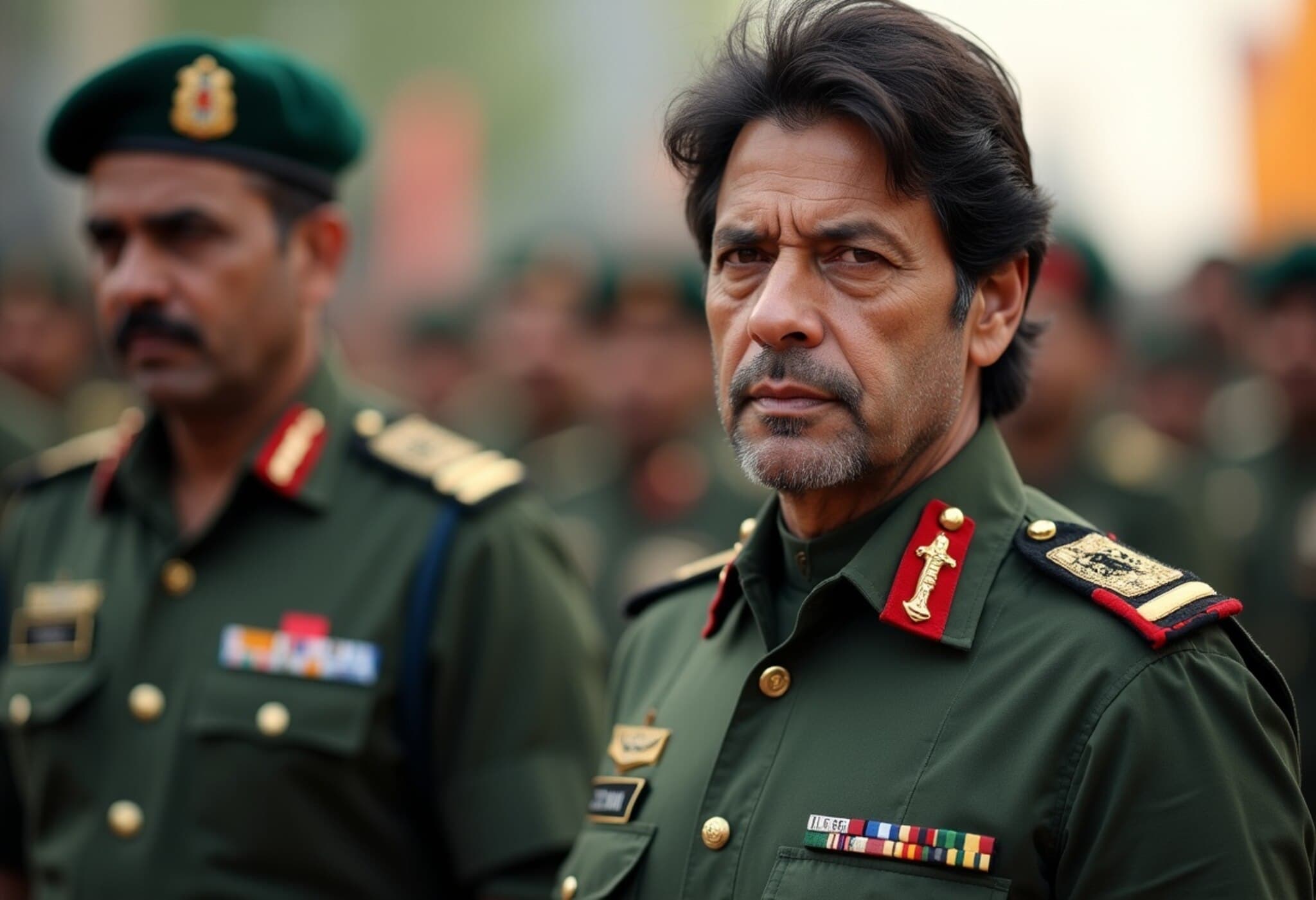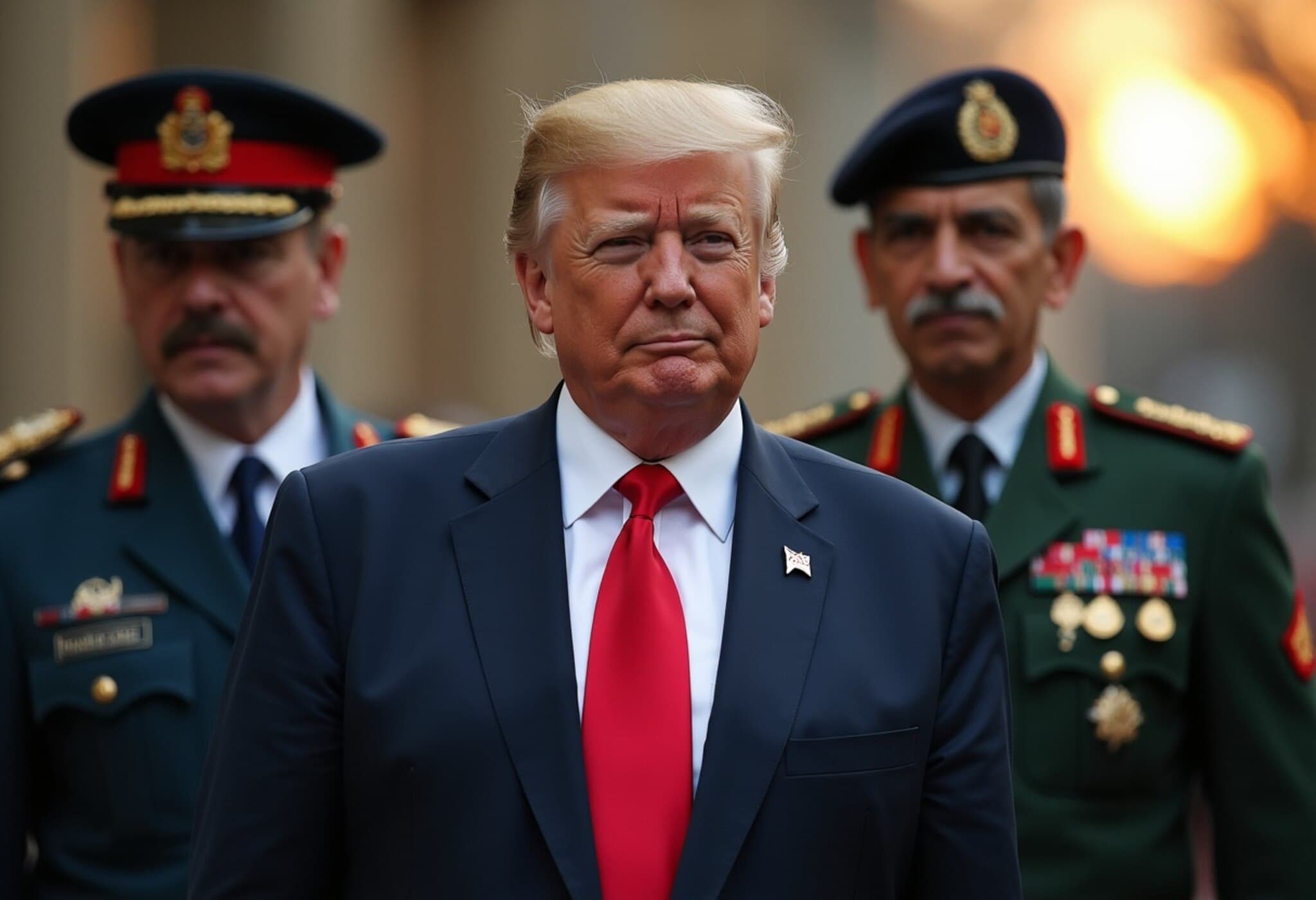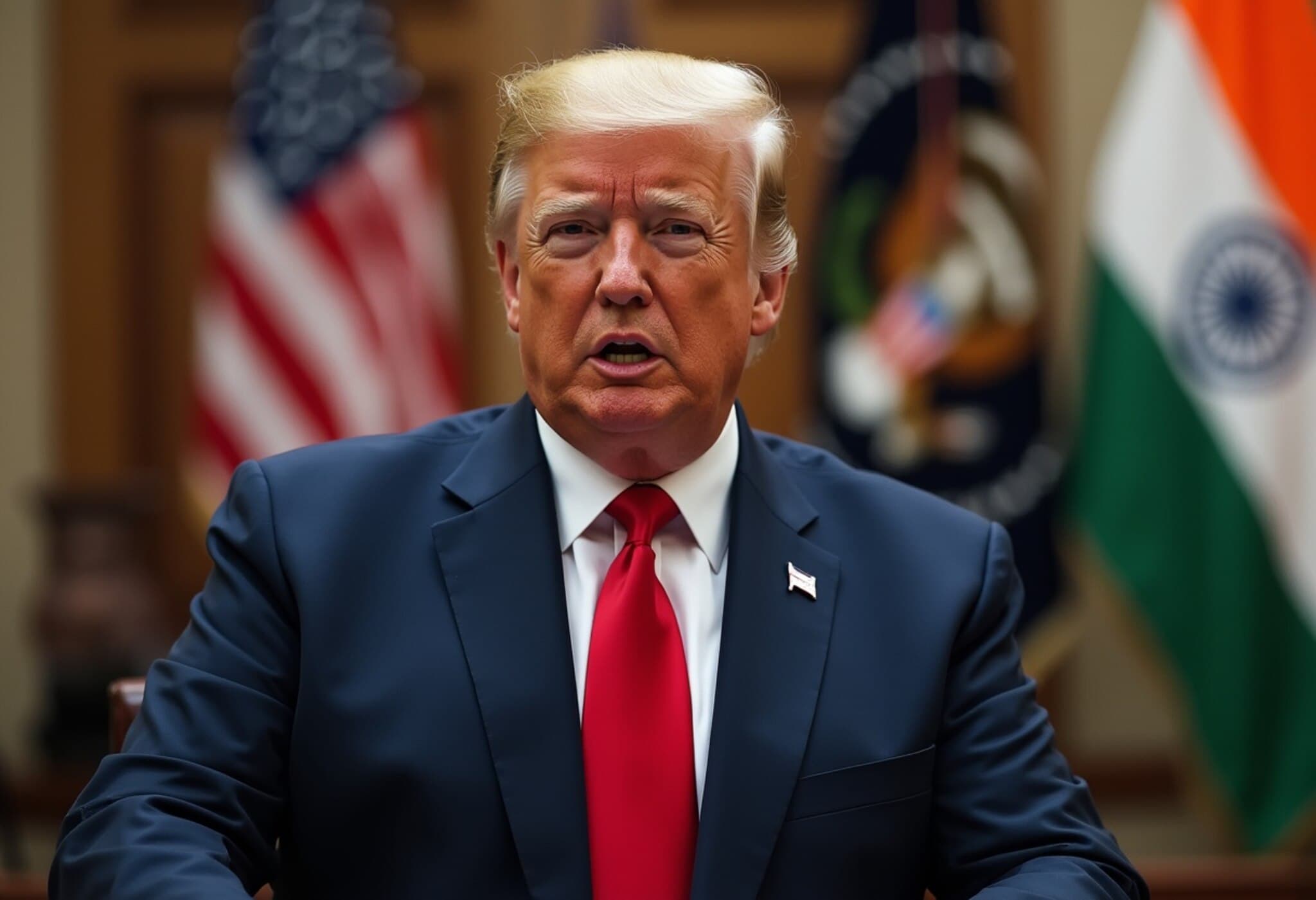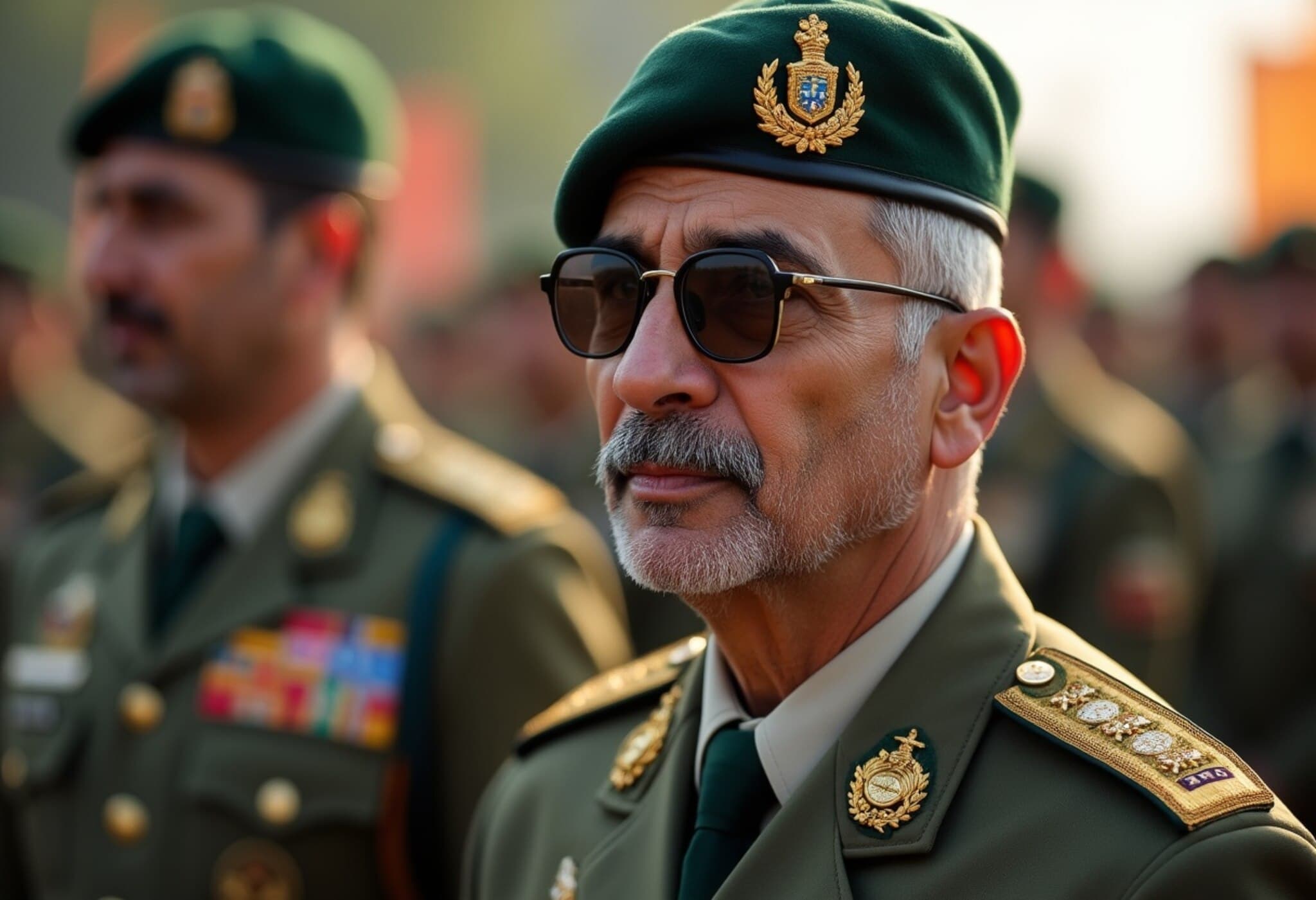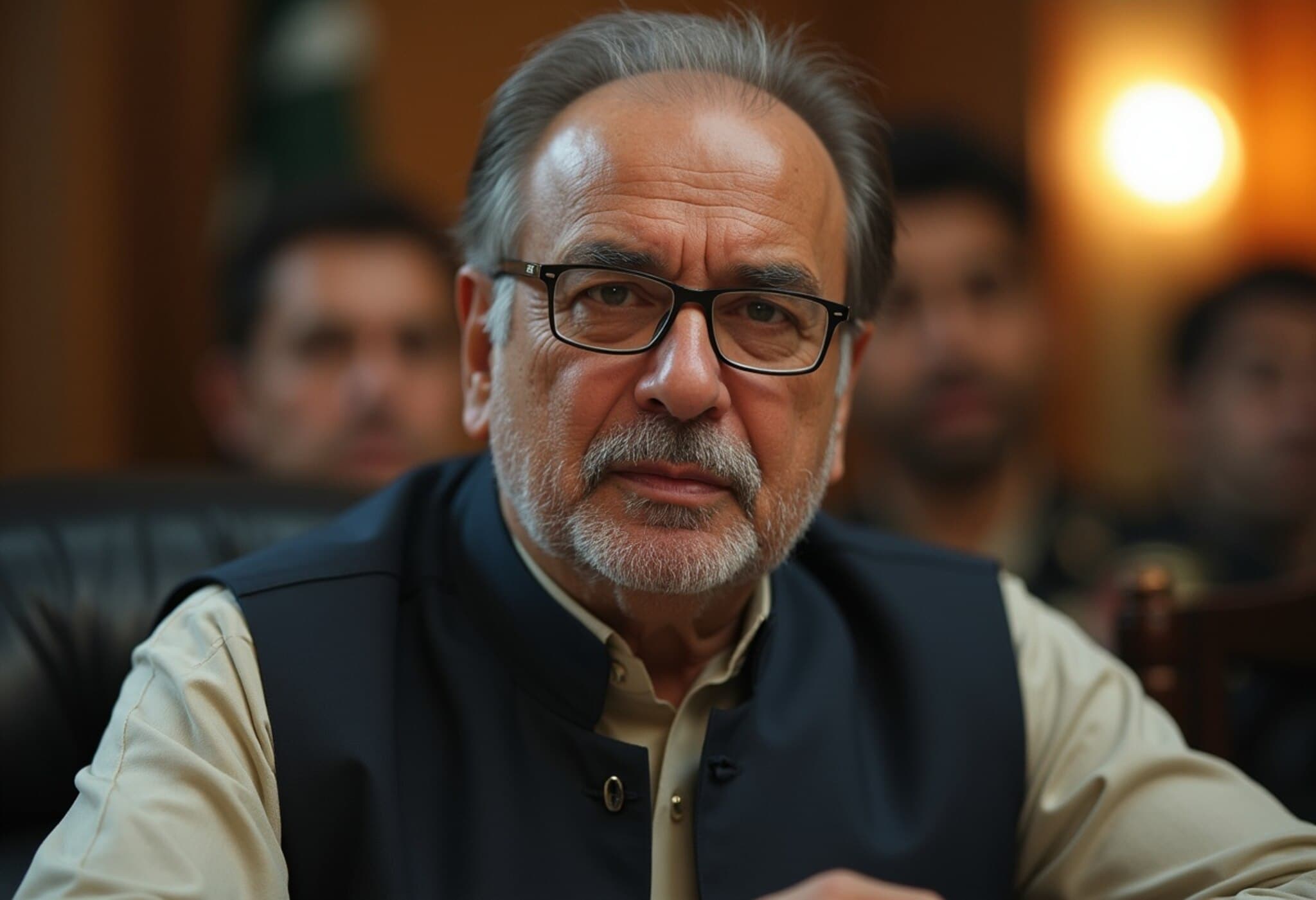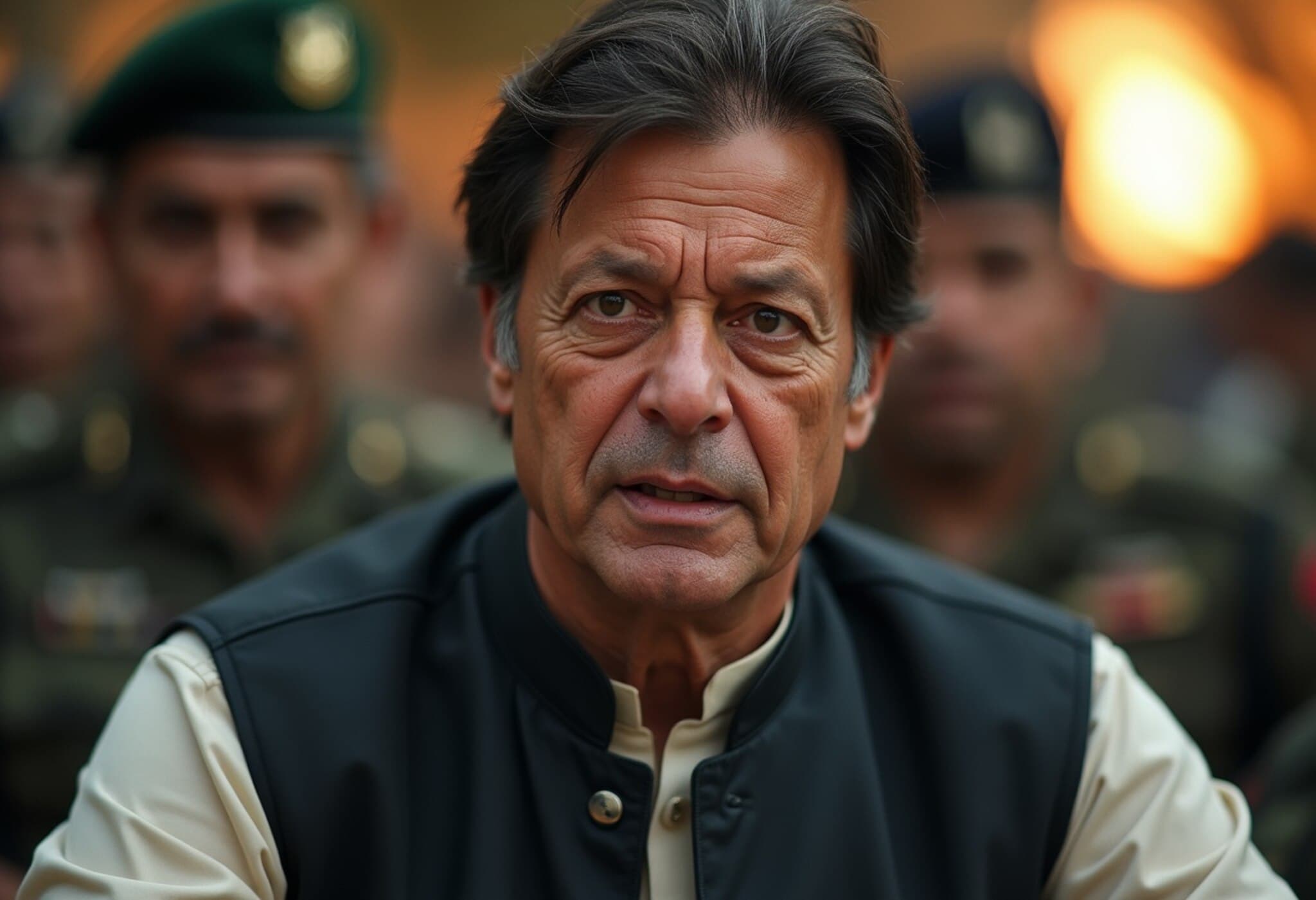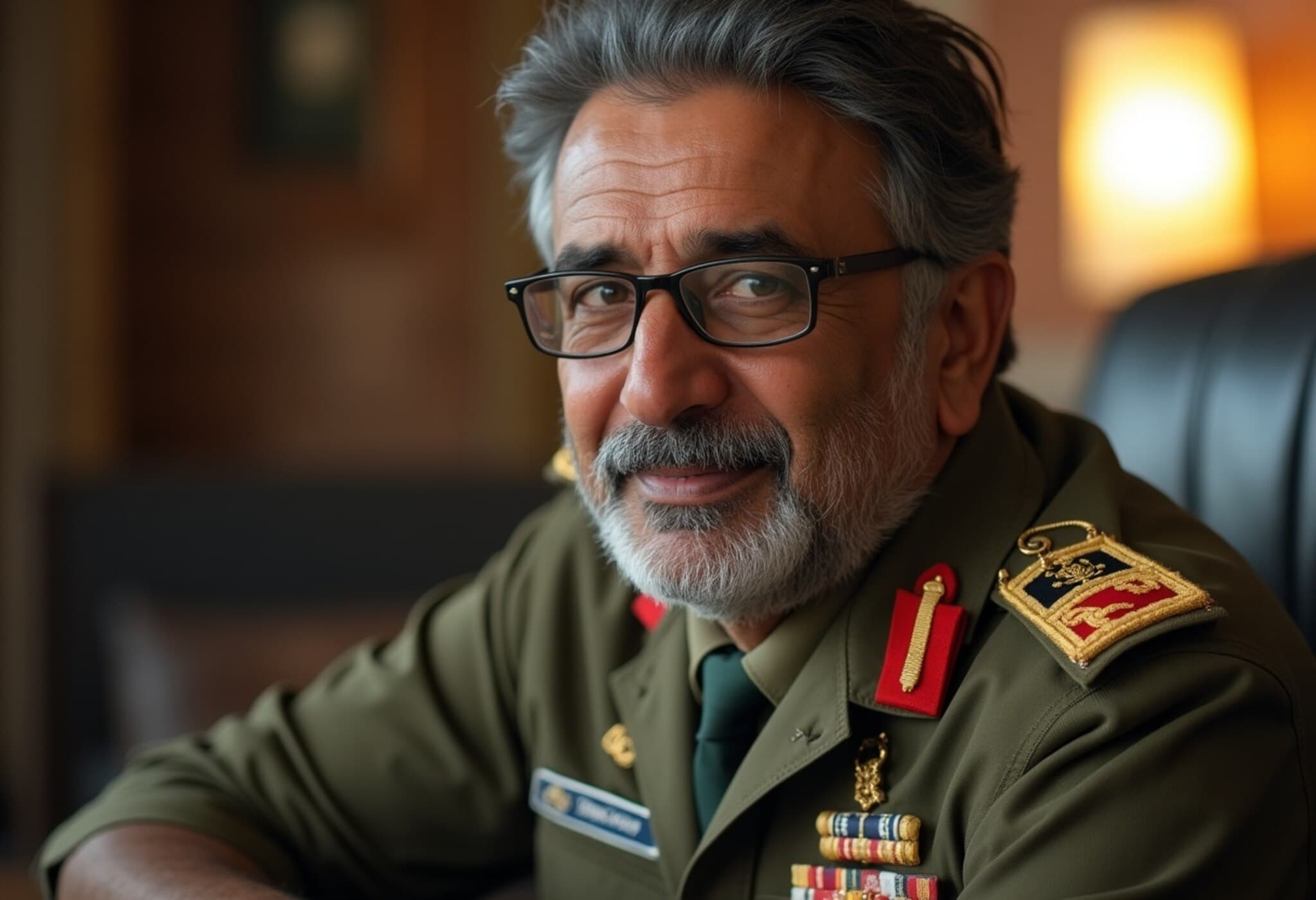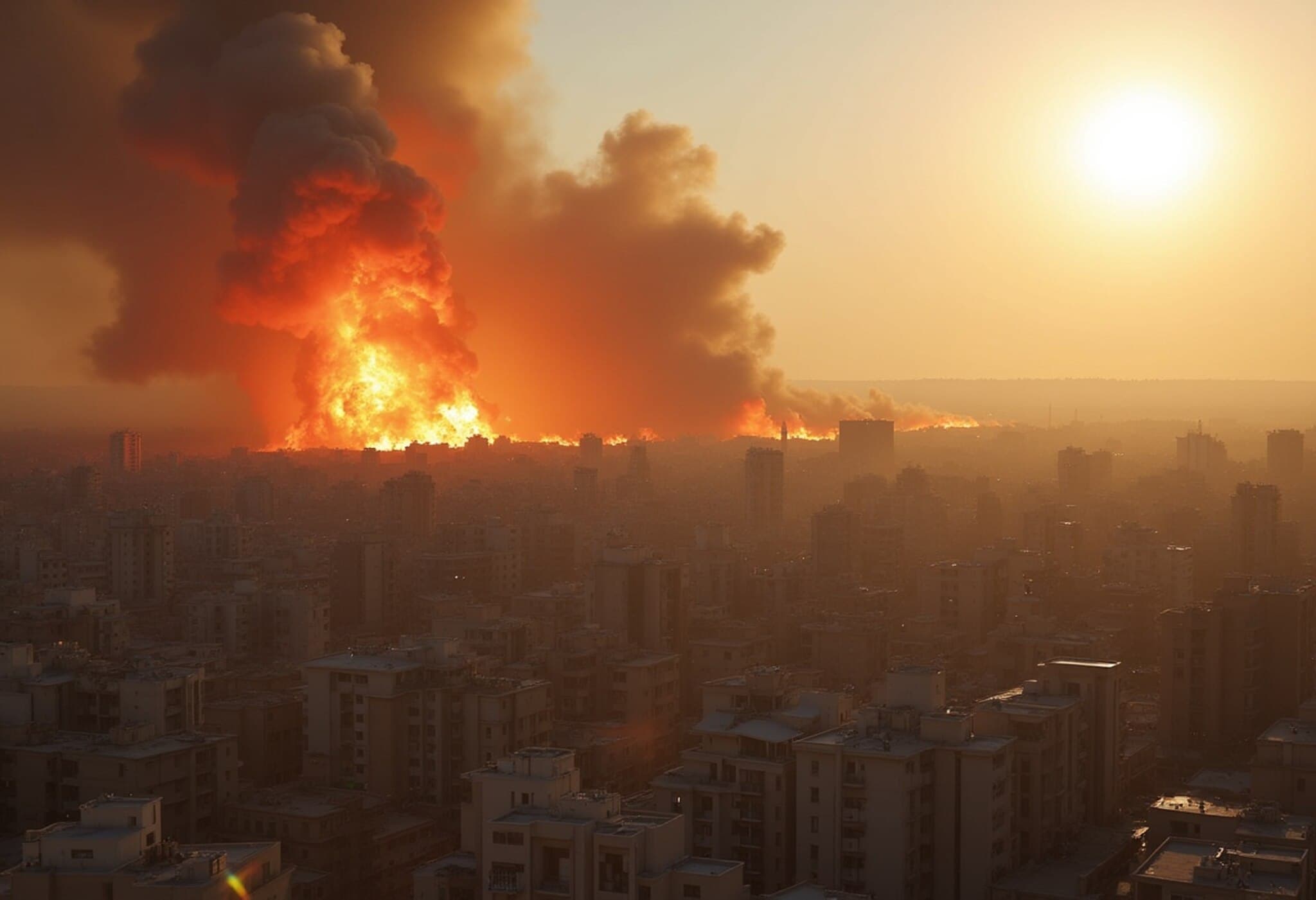Unusual High-Level Meetings Raise Eyebrows in Pakistan
In the heart of Islamabad, a series of discreet meetings involving Pakistan's Chief of Army Staff (COAS) General Asim Munir, Prime Minister Shehbaz Sharif, and former President Asif Ali Zardari have ignited fresh speculation about a looming power shift in the country. These exchanges have revived long-standing rumors of a military coup, sending ripples across Pakistan’s fragile political landscape.
Back-to-Back Discussions and the 27th Amendment
On Tuesday, Prime Minister Shehbaz Sharif met with President Asif Ali Zardari at his official residence, immediately followed by a confidential meeting with General Munir. According to sources cited by The Express Tribune, these back-to-back engagements hint at efforts by the military leadership to press for the president's resignation, potentially invoking Pakistan's 27th Amendment to reconfigure political power.
The 27th Amendment, a pivotal constitutional clause, could facilitate significant changes within Pakistan’s governance framework, and its possible invocation has fueled speculations that Islamabad may be on the brink of a drastic political recalibration.
Expert Insight: The Military's Historical Role in Pakistan’s Politics
Pakistan’s military has historically played a dominant role, including direct interventions through coups in 1958, 1977, and 1999. Analysts argue that while the institution publicly maintains a stance of endorsing civilian-led governance, its substantial influence often shapes political outcomes behind the scenes. General Munir’s recent meetings underscore this complex intertwining of military and civilian spheres.
Government Officials Push Back on Coup Rumors
Despite the swirling gossip, Defence Minister Khawaja Asif dismissed the coup allegations as “kite flying,” emphasizing that the army chief is uninterested in political power shifts. Speaking to The Express Tribune, Asif reassured citizens that “the president was fully informed and confident in the government,” categorically denying any military designs to seize control.
Prime Minister and Interior Minister Strike Similar Chords
Prime Minister Shehbaz Sharif and Interior Minister Mohsin Naqvi echoed these dismissals, labeling the rumors as deliberately malicious and possibly orchestrated by foreign entities aiming to destabilize Pakistan. Naqvi warned against falling prey to disinformation campaigns that threaten to erode trust between Pakistan’s civilian and military leadership.
What Lies Beneath: Unpacking the Real Implications
While official statements aim to quell fears, the pattern of meetings and regional strategic context cannot be overlooked. Pakistan is grappling with economic instability, diplomatic friction, and security challenges. The temporary absence or resignation of a sitting president, especially under pressure, might signal an internal recalibration designed to project stability both at home and abroad.
Furthermore, these tensions highlight a critical question: Is Pakistan’s democratic framework resilient enough to withstand repeated military influence? The country’s path toward democratic consolidation has been marred by recurrent military interventions, and fresh rumors of a coup, even if premature, disturb a sensitive equilibrium.
Regional and Global Perspectives
- U.S. and Western Interests: The stability of Pakistan is vital to international security, particularly in relation to Afghanistan and counterterrorism operations.
- Economic Impacts: Political uncertainty risks deterring foreign investment and complicates ongoing IMF negotiations crucial for economic relief.
- Domestic Public Opinion: Pakistan’s citizens are weary of political upheaval and often express frustration over the military’s recurring political role.
Editor’s Note: Navigating the Crossroads of Power in Pakistan
As the dust settles on General Asim Munir’s controversial meetings with civilian leadership, Pakistan stands at a precarious crossroads between democratic aspirations and historic military influence. While official denials serve to calm nerves, the underlying currents suggest a deeper negotiation over power that could reshape the nation's future.
For U.S. policymakers and international observers, understanding these developments beyond headline rumors is crucial. The evolving narrative invites a broader discussion: How can Pakistan balance its security imperatives with the strengthening of democratic institutions to ensure long-term stability in South Asia?
Readers should watch closely for upcoming constitutional changes and political maneuvers, as these will offer clearer indications of the trajectory Pakistan intends to pursue.

